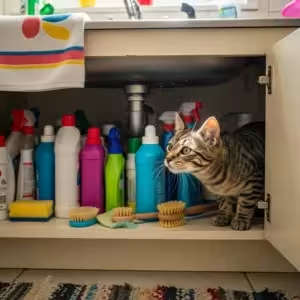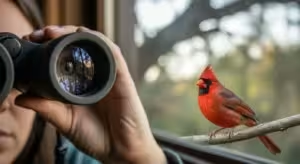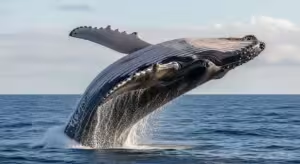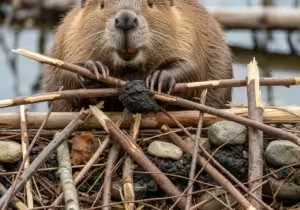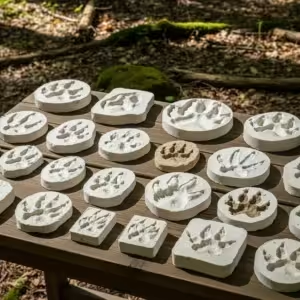CONSERVATION
BIAZA members support more than 800 conservation projects worldwide. This includes protecting our own native species that are increasingly under threat. To help us achieve this we have formed a partnership with The Wildlife Trust as well as running our own Bio Blitz and Grab That Gap campaigns to encourage our members to support native flora and fauna within their grounds.
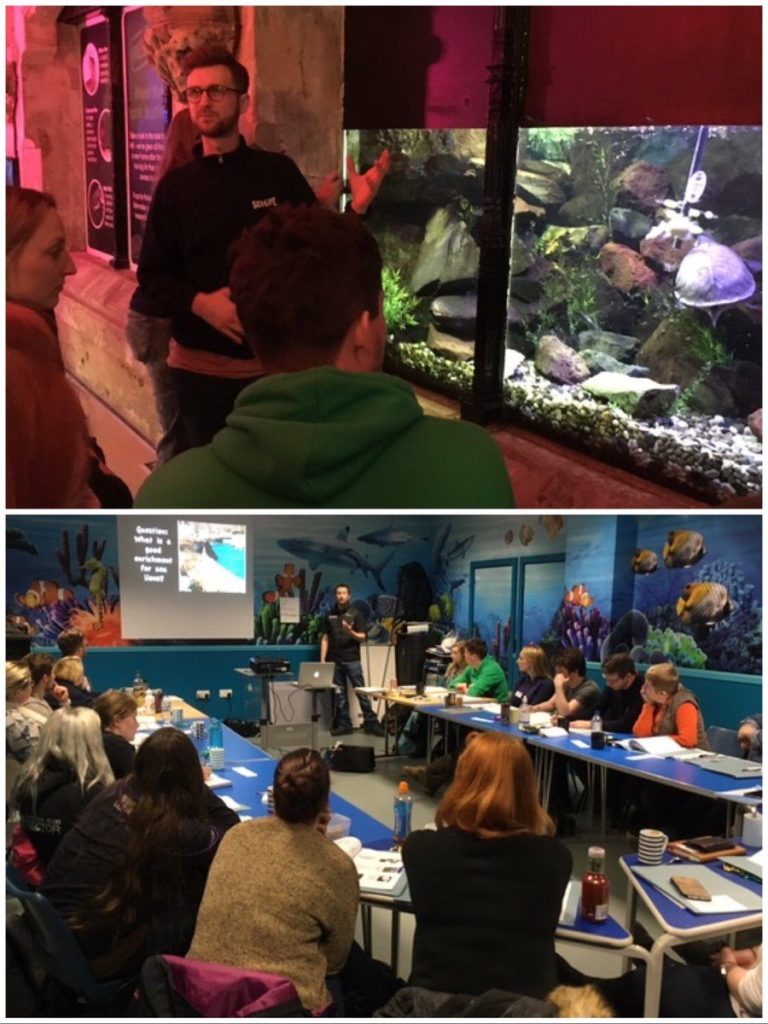
BIAZA members’ contributions to global conservation are threefold: fundraising through events, animal experiences and sponsorship; ex-situ conservation through breeding of endangered species; and in-situ conservation by actively supporting overseas conservation projects. BIAZA also has a successful partnership with the World Land Trust through which we run ‘Buy An Acre’ campaigns to conserve patches of bio-rich forests under threat from illegal logging.
DISCOVERY AND LEARNING
For many people, zoos are the only places where they are likely to see and learn about a wide range of animals from around the globe. Amongst an increasing choice of leisure activities, the fact that so many people visit zoos during their spare time shows a widespread interest in seeing living wild animals, and a strong curiosity about the natural world. Our members run carefully thought out education programmes that aim to provide unique lifelong learning opportunities. Through these programmes they raise awareness of the threat to our global biodiversity, increase respect and knowledge about wildlife and global issues, and engage and connect people of all ages with the natural world. BIAZA therefore works hard to support our zoo educators in meeting the needs of zoo visitors, school children and teachers.
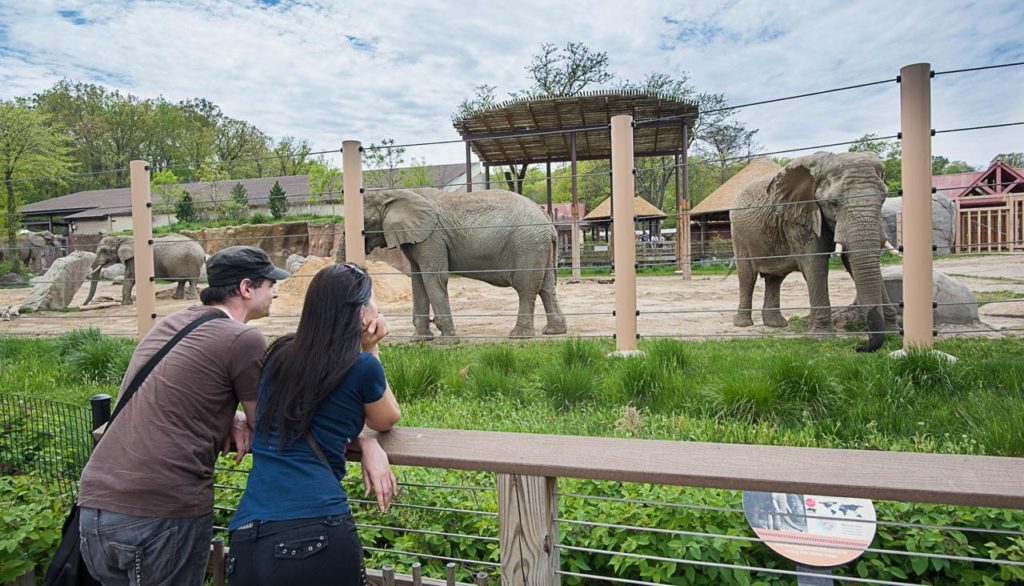
SUSTAINABLE ZOOS
Acting sustainably means meeting society’s needs without compromising the future. Zoos and aquariums have a special responsibility to act sustainably, as one of their key aims is to conserve the natural world. Not only do BIAZA zoos and aquariums educate schoolchildren and the public about animal conservation, they are also well placed to engage visitors and the wider community on the broader challenges of achieving a more sustainable society. Recently many of our members have been actively promoting the use of sustainable palm oil and leading by example and encouraging their visitors to check labels on food products. Sadly, the unsustainable production of this valuable commodity is having major impact on habitat and species across southeast Asia due to the deforestation of the natural environment that is taking place to create space for palm oil plantations.








